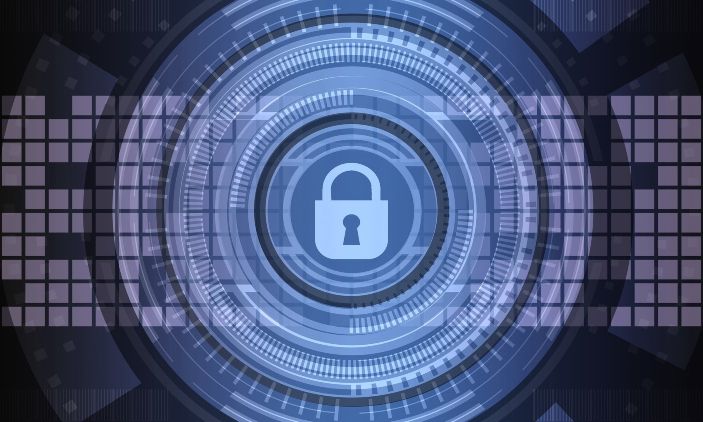Mineta Transportation Institute (MTI) has published a new white paper Will the Biden Administration’s ‘Made in America’ Executive Order Present Significant New Cybersecurity Obligations for Transit Operators?, analyzing how a series of executive orders (EOs) and laws made in recent years impact US transit operators – and looks to define best practice going forward.
The paper, authored by Scott F. Belcher, JD, MPP, Harlan Belcher, Katie Seckman, and Brandon Thomas, outlines how transit operators should expect the heightened focus on supply chain centralisation and the need to bolster cyber literacy and protections for the public and private sectors to directly impact their core business and operational considerations, including timely access to affordable product. The need to understand the critical nature of the threats to the transit industry are quickly shifting from good business practices to regulatory compliance.
The paper states: “With recent server breaches at SolarWinds and Microsoft, as well as the attack against the Colonial Pipeline, and attacks against transit systems including the Bay Area Rapid Transit (BART), Southeast Pennsylvania Transportation Authority, and Vancouver’s Translink, cyber security has never been more important.
“Cyberattacks based on security or software flaws are certainly common, but the easiest path for a cyber attacker to follow is gaining physical access to a part of the system. Executive Order 14005, also known as ‘Made in America,’ acknowledges this significant risk and mandates greater scrutiny of the origin of computer hardware and its associated supply chain. A hostile nation or other nefarious actor, for example, could easily partner with a local manufacturer to create a sophisticated ‘back-door’ that could be exploited to inflict significant damage in a product destined for the USA.
“President Biden also issued EO 14024, ‘Blocking Property with Respect to Specified Harmful Foreign Activities of the Government of the Russian Federation’, in response to persistent Russian cyberattacks in April 2021, and EO 14028, ‘Improving the Nation’s Cybersecurity’, in May.

In light of these EOs, transit providers and their respective vendors should take into account the following findings:
- The supply chain restrictions in multiple executive orders suggest that US transit agencies will likely need to find new sources for multiple products, including items purchased from or containing components produced by Huawei and other Chinese providers.
- More sourcing limitations are likely to reduce the number of acceptable vendors, potentially increasing the cost of goods.
- Transportation executives should educate themselves about the exemption processes associated with each of the EOs, the government agency staff leading the efforts (they are a good resource for EO interpretation or clarification), and, when needed, take action to file an exemption request.
- The ‘Made in America’ EO and similar directives demonstrate a level of consistency in US policy across party lines. This means that future policies aimed at making the US supply chain more resilient are unlikely to deviate much from the current playbook.
Because America depends on its transportation infrastructure, transit will likely remain a prime target for nefarious actors seeking to disrupt communities. As technology evolves to enable the industry’s goals, operators and experts must adapt and prepare for the risks today and in the years to come.
The Mineta Transportation Institute (MTI) at San Jose State University (SJSU) aims to increase mobility by improving the safety, efficiency, accessibility, and convenience of the transportation system in the USA. Founded in 1991, MTI is funded through the US Departments of Transportation and Homeland Security, the California Department of Transportation, and public and private grants, including those made available by the Road Repair and Accountability Act of 2017 (SB1).





